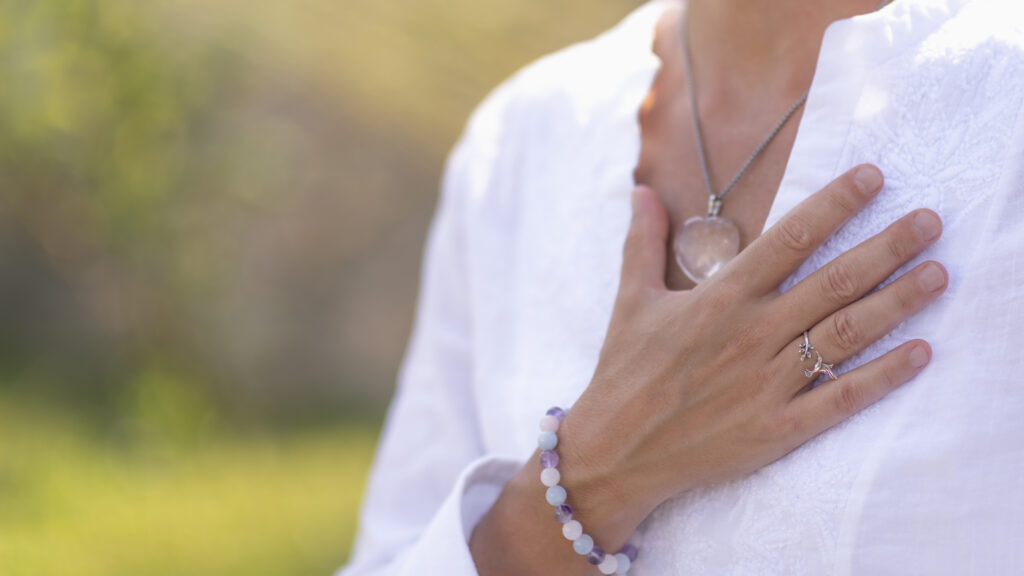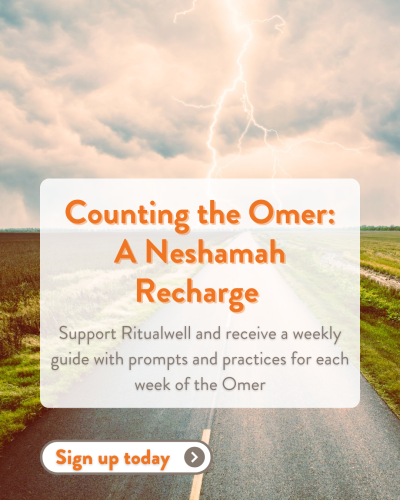Traditional prayer of thanks to be recited by one who has survived a dangerous situation.
Person who survived dangerous situation:
(Masculine G-d language)
בָּרוּךְ אַתָּה אֲדֹנָי אֱלֹהֵינוּ מֶלֶךְ הָעוֹלָם הַגּוֹמֵל לְחַיָּבִים טוֹבוֹת שֶׁגְּמָלַנִי כֹּל טוֹב
Barukh atah adonai eloheinu melekh ha’olam, ha-gomel l’khayavim tovot sheg’malani kol tov.
(Feminine G-d language)
בְּרוּכָה אַתְּ יָהּ אֱלֹהֵינוּ מֶלֶךְ הָעוֹלָם הַגּוֹמֶלֶת לְחַיָּבִים טוֹבוֹת שֶׁגְּמָלַנִי כֹּל טוֹב
Brukhah at yah eloheinu ruakh ha’olam, ha’gomelet l’khayavim tovot, sheg’malani kol tov.
Blessed are You, O Lord our God, ruler of the Universe, who bestows kindness on those who are committed, and who has granted to me all kindness.
EVERYONE RESPONDS:
(Feminine recipient of blessing in parenthesis) מִי שְגָמָלְךָ (שְגָמָלֵך) כֹּל טוֹב הוּא יִגְמָלְךָ (יִגְמְלֵךְ) כֹּל טוֹב סֶלָה
(Masculine language in response to male saying blessing) Amen. Mi she’g’malkha kol tov, hu yigmalkha kol tov, selah.
(Feminine language in response to female saying blessing) Amen. Mi she’g’malaikh kol tov, hee tigmalaikh kol tov, selah.
May the One who has granted you all kindness always grant kindness to you, selah.











